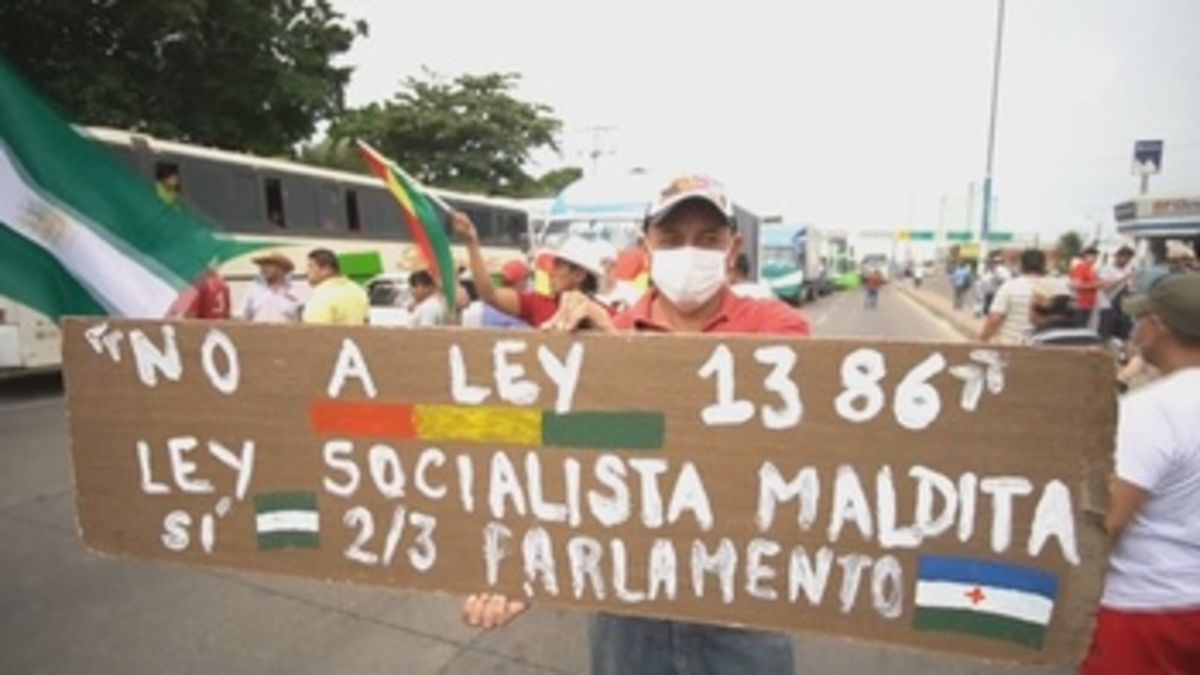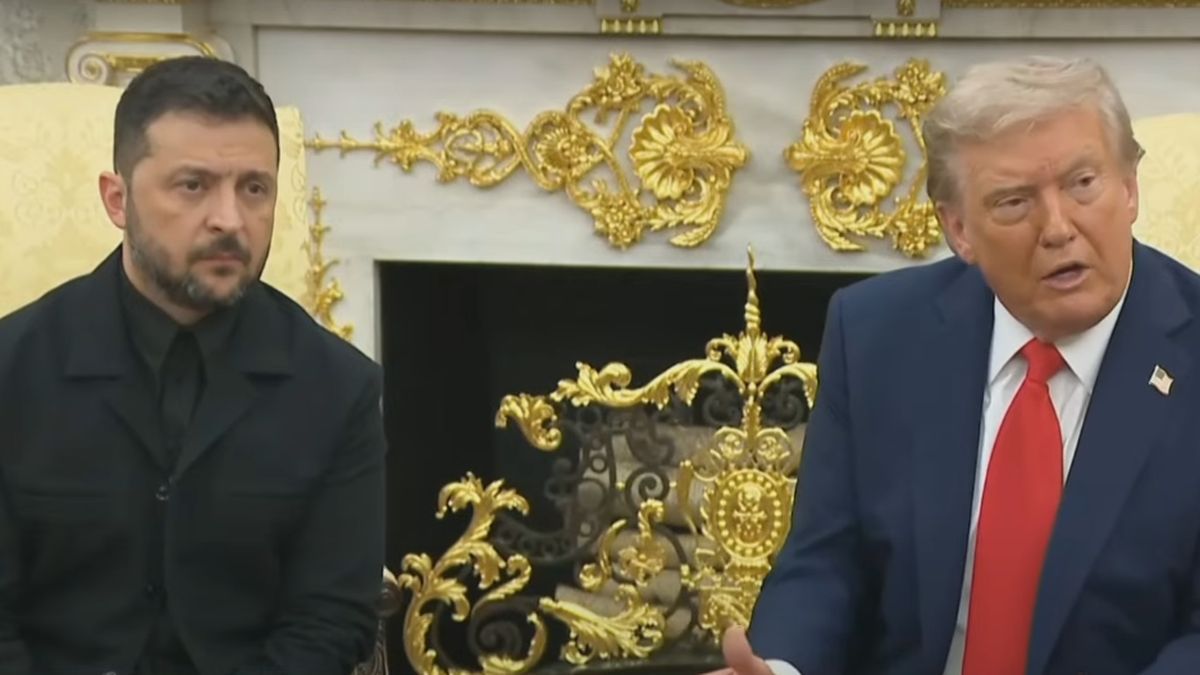However, Siles has acknowledged that, despite the fact that this is the “objective” of the government, “sometimes the political deadlines are not the same as the strictly legal ones.”
In reference to new legislation, the Bolivian vice minister recalled that Bolivia is obliged to pass a law of these characteristics by virtue of the international agreements signed, while recalling that these commitments are “fully in force,” reported the newspaper La Razón.
For this reason, he urged the sectors opposed to the previous law, 1386 against money laundering, to sit down and dialogue with the authorities to approve new legislation. “I am sure that, through dialogue, we can reach agreements on all the issues that they were supposedly claiming,” he said.
Despite the repeal of Law 1386, a process currently under way, Bolivia must show, at least, that it is preparing a regulation to replace it. However, while the repeal process ends, the protests have not stopped in Bolivia.
The departments of Santa Cruz and Potosi maintain indefinite unemployment, while on Monday night there were marches in Cochabamba and sporadic crashes in Sugar, reports the newspaper Los Tiempos.
In addition, the Assembly of La Paceñidad has called a march to demand the repeal of six other laws and the restitution of two-thirds of the votes as a requirement to pass laws in the Legislative Assembly.
Source From: Ambito
David William is a talented author who has made a name for himself in the world of writing. He is a professional author who writes on a wide range of topics, from general interest to opinion news. David is currently working as a writer at 24 hours worlds where he brings his unique perspective and in-depth research to his articles, making them both informative and engaging.




